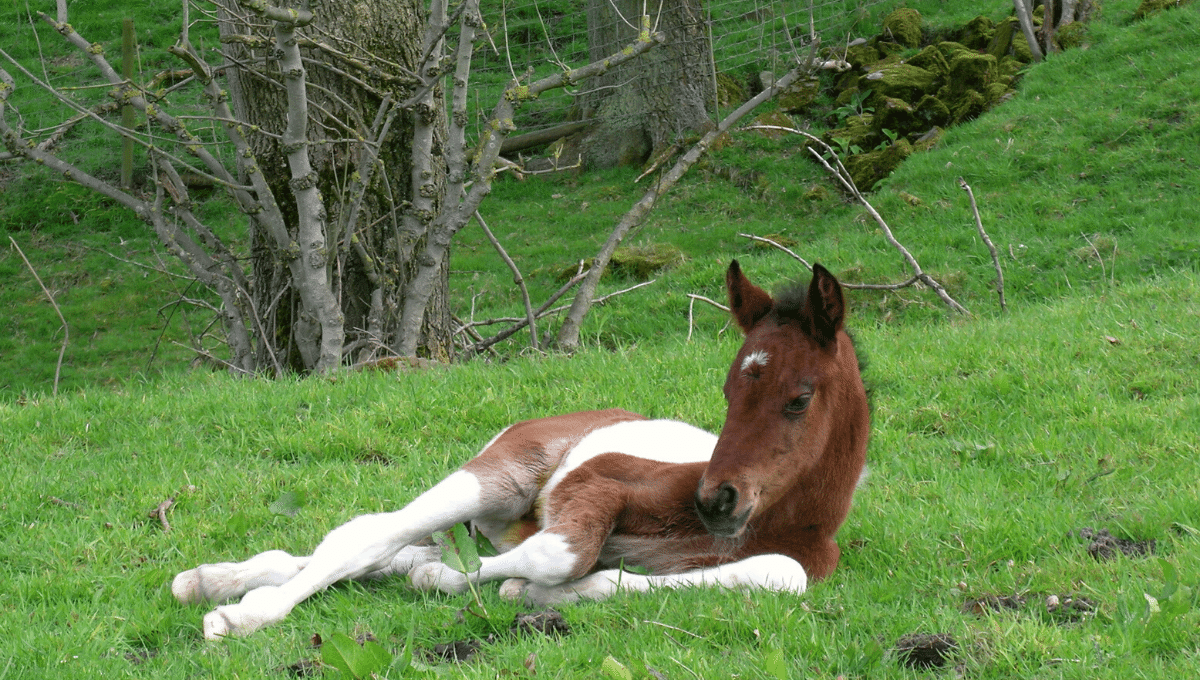Treating thrush in foals can present a unique set of challenges for horse owners and caretakers. These young horses are particularly susceptible to this common hoof ailment, which can be painful and potentially lead to more serious issues if left untreated.
In addition, the delicate nature of a foals developing hooves requires special considerations when it comes to treating thrush effectively. In this article, we will discuss three important factors to keep in mind when addressing thrush in foals, including the importance of early detection, gentle treatment methods, and the necessity of regular hoof care to prevent future recurrences.
By understanding these key considerations, horse owners can better protect their foals hoof health and overall well-being.
1. Understanding Thrush in Foals

Understanding thrush in foals is essential for horse owners and caretakers to effectively address this common hoof condition. Thrush is a bacterial infection that typically affects the frog of the hoof, causing it to become soft, spongy, and foul-smelling.
In foals, thrush can be particularly problematic as their hooves are still developing and may be more susceptible to infections. It is important to closely monitor and address any signs of thrush in foals promptly to prevent it from progressing and causing discomfort or lameness.
Proper hoof care, regular cleaning, and maintaining a dry and clean environment are crucial in preventing and treating thrush in young horses.
2. Special Considerations for Treating Thrush in Young Horses

https://www.gabineurohr.com/images/blog/loving-boundaries/loving-bounderies-for-young-horses-20180604-TR1_0694.jpgWhen it comes to treating thrush in young horses, special considerations must be taken into account. Foals have delicate hooves that are still developing, so harsh chemicals or treatments may be too harsh for their sensitive tissues.
It is important to consult with a veterinarian before beginning any treatment regimen to ensure that it is safe for the foals age and overall health. Additionally, young horses may be more skittish or resistant to having their hooves handled, so patience and gentleness are key when addressing thrush in foals.
Using a gentle, natural treatment such as a diluted apple cider vinegar solution or mild antifungal cream specially formulated for horses may be more suitable for young horses than harsher chemical treatments. Regular monitoring and consistent hoof care are also essential to prevent thrush from recurring in young horses.
3. Importance of Early Detection and Treatment in Foals

Early detection and treatment of thrush in foals is extremely important for the overall health and well-being of these young horses. Thrush, if left untreated, can lead to more serious hoof issues and lameness down the road.
Foals are particularly vulnerable to thrush due to their developing immune systems and fragile hoof structures. By catching and addressing thrush early on, veterinarians and horse owners can prevent the condition from progressing and potentially causing long-term damage to the foals hooves.
Regular hoof care and monitoring are essential for ensuring the health and soundness of young horses, making early detection and treatment of thrush a priority for foal owners and caretakers.
Conclusion
In conclusion, treating thrush in foals requires special considerations due to their young age and developing hooves. It is important for horse owners and caretakers to be proactive in addressing thrush in foals by implementing proper hoof care, maintaining a clean environment, and seeking veterinary assistance when needed.
By taking these precautions and considering the unique needs of young horses, thrush can be effectively treated and prevented in foals, ensuring their overall health and well-being. Remember, Thrush Prevention is key in managing thrush and promoting good hoof health in young horses.


